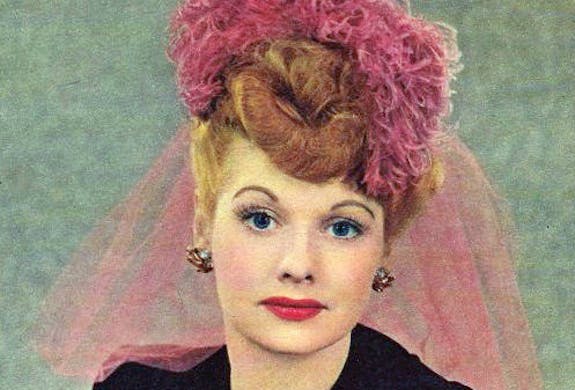
Can Trump ‘Nationalize’ Elections?
By THE NEW YORK SUN
|It might be hard to imagine for ‘Lucy’ buffs, even though she herself said this in interviews: Lucille Ball was not ‘naturally funny.’


By THE NEW YORK SUN
|
By JOSEPH CURL
|
By LAWRENCE KUDLOW
|
By BRADLEY CORTRIGHT
|
By MATTHEW RICE
|
By LUKE FUNK
|
By BENNY AVNI
|
By JOSEPH CURL
|Already have a subscription? Sign in to continue reading
$0.01/day for 60 days
Cancel anytime
By continuing you agree to our Privacy Policy and Terms of Service.